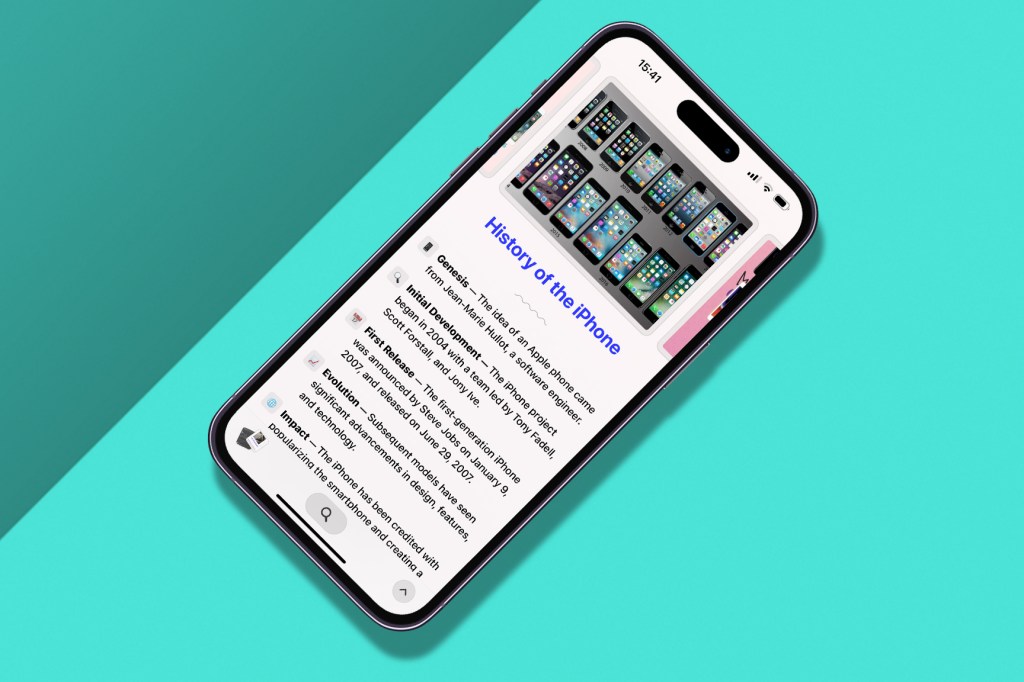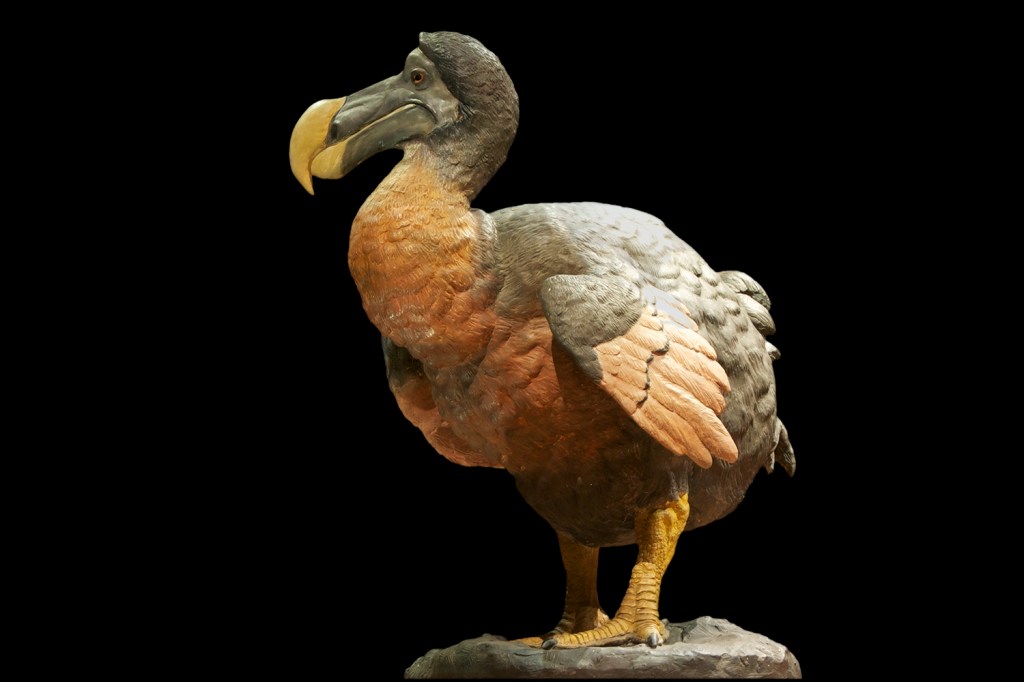Why Google AI will help you – but kill the web as we know it
Google has long been instrumental in connecting people to online information, but its AI summaries look set to deal the open web a fatal blow

Google I/O 2024 had a script so packed full of AI, you got the feeling an AI wrote it – having first dispatched the entire exec team and replaced them with AI robots, one of which malfunctioned live on stage. And search was the centrepiece of this manifesto from the future – one that might leave the open web with no future. Because while Google pitched AI as a transformative time-saving assistant, its vision looks set to kill the web.
Which I’m sure sounds hyperbolic in the extreme. How can you kill the web? It’s huge. There are even sites dedicated to wasps on trampolines. Probably. I would check, but I’m scared to go near Google now for fear it might destroy the entire internet as we know it.
This latest bout of ‘old man yells at cloud’ actually began with Arc Search rather than Google AI. That free iPhone app lets you rattle off a search as normal, but you can alternatively have the browser search for you. It then presents a magazine-like summary packed with sections, images and videos. In other words, it does all the grunt work, rather than you having to piece together and compile information yourself. It’s fast, useful and intoxicating.
AI(EEEEEEEE)

But Google is a giant compared to the ant that is Arc. It has a gargantuan treasure trove of data, and the most powerful online presence imaginable. So while I can see the value in email/meeting summaries and better contextual photo search, I start to bristle when someone from Google says “Google will do the Googling for you” – and then beams about the rollout of AI overviews to a billion people.
Which isn’t to say there won’t be benefits. Google showed off a local search, which answered a complex query about finding a good yoga studio, potentially reducing someone’s faff load by 73%. But then people started pointing out the many inconsistencies and inaccuracies in existing Google Search summaries and Gemini output that the average user would miss. The risk is clear: search results becoming a swirling vortex of ‘maybe true’ information – like a gigantic Wikipedia on fast-forward, edited by an infinite legion of hopped-up monkeys hammering away at battered typewriters. Only infinitely less adorable. And people won’t head any further.
Google, for its part, warmly warbled that this won’t happen. But then it would say that. Instead, it argued Google AI searches create a range of perspectives, aren’t always going to be served, and will even increase click-throughs to the open web, because people want to dig deeper.
Bots of bother

I’m unconvinced. Self-imposed limitations soon vanish when money and power enter the picture. And so I imagine Google AI results will rapidly become the default, not the exception. But there’s long been compelling evidence that social media has increasingly hollowed out news, because people rarely read beyond headlines. So how many will read beyond Google AI summaries? And will that be enough? We’re already seeing indie sites like Retro Dodo struggling against the Google algorithm. Google AI is a bigger threat. If what creators produce is rarely explored beyond being recycled in an AI summary, countless outlets could wink out of existence entirely.
At that point, things would move at speed. The well of quality information would dry up, forcing AIs to look elsewhere – but to where? User-generated content? With less incentive for producing quality, accuracy will plummet. Academia, forums and PR/paid content, then? Perhaps, but those are increasingly flooded with AI-generated content.
The end game? An internet reduced to a self-help group of AIs, glumly wondering where all the humans went. All while blaming Google, an early champion of connecting humanity to the web, for being the architect of its destruction. Still, at least we’ll all have more time for yoga.



